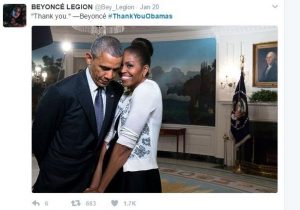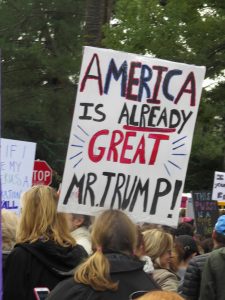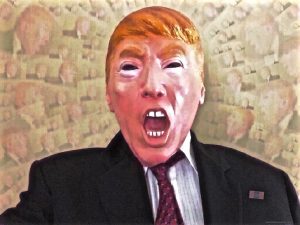Today`s post is going to be a bit different as it is in the form of a podcast.
In it I will be sharing my personal experience with participating in an online political campaign! After that I will be discussing millenials and how they are shaping their political views through social media.
You can listen to the podcast below :).
[soundcloud url=”https://api.soundcloud.com/tracks/304095079″ params=”auto_play=false&hide_related=false&show_comments=true&show_user=true&show_reposts=false&visual=true” width=”100%” height=”450″ iframe=”true” /]



